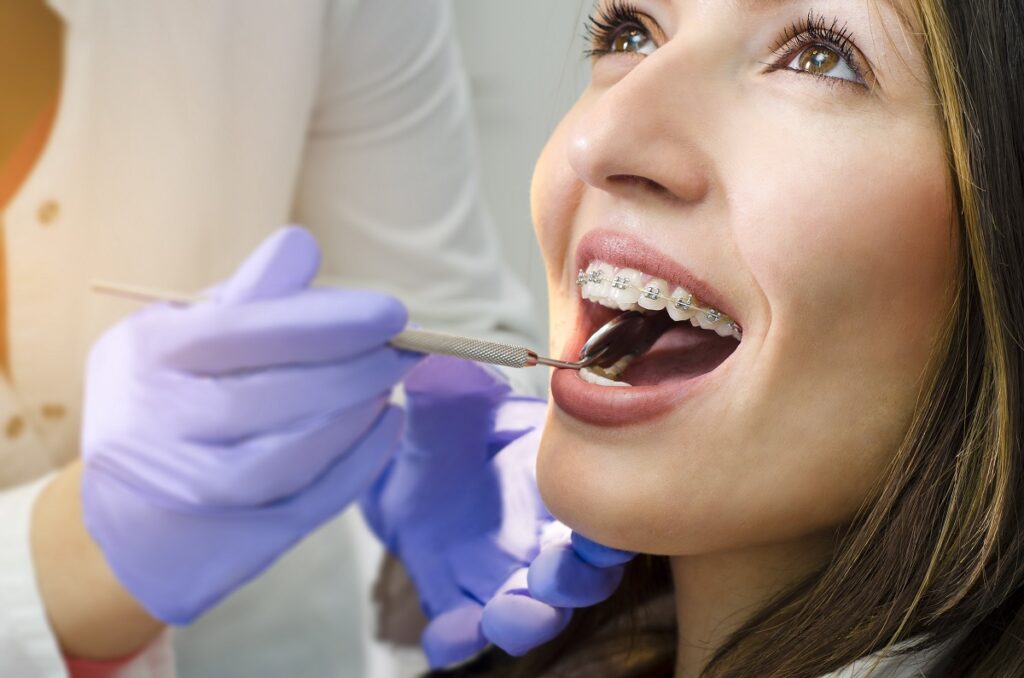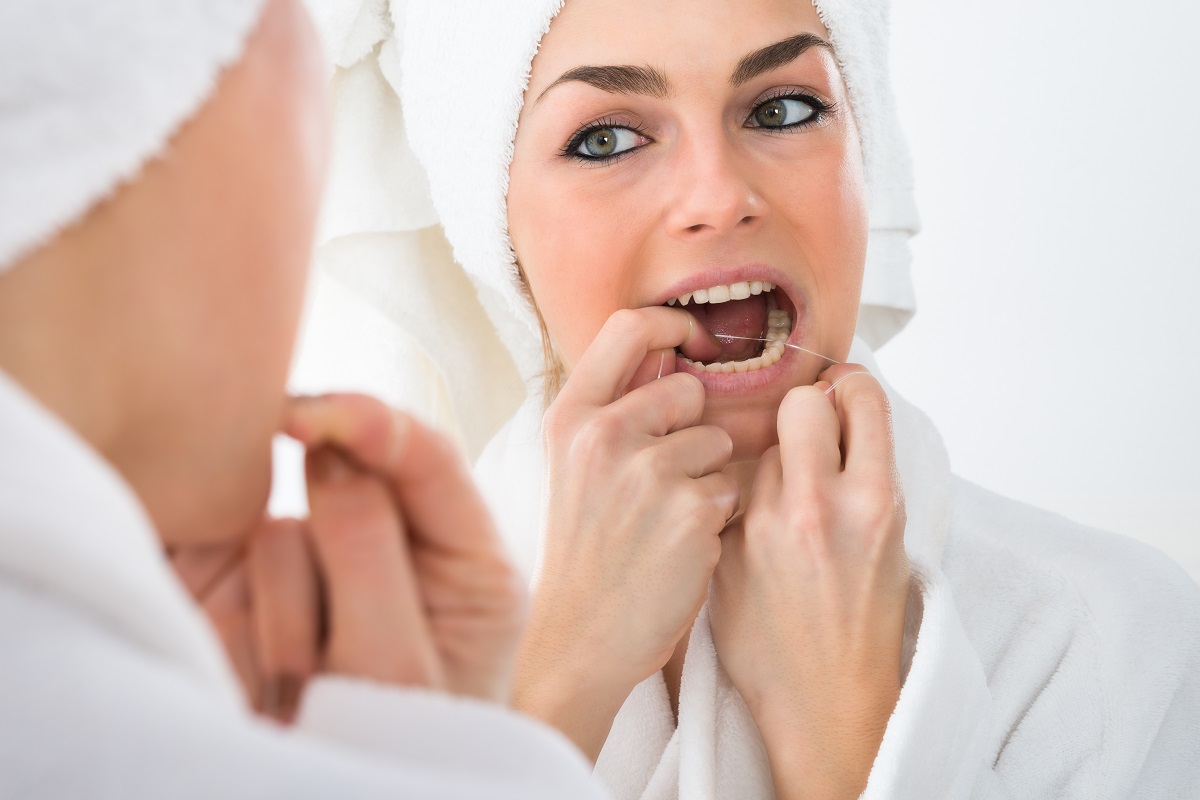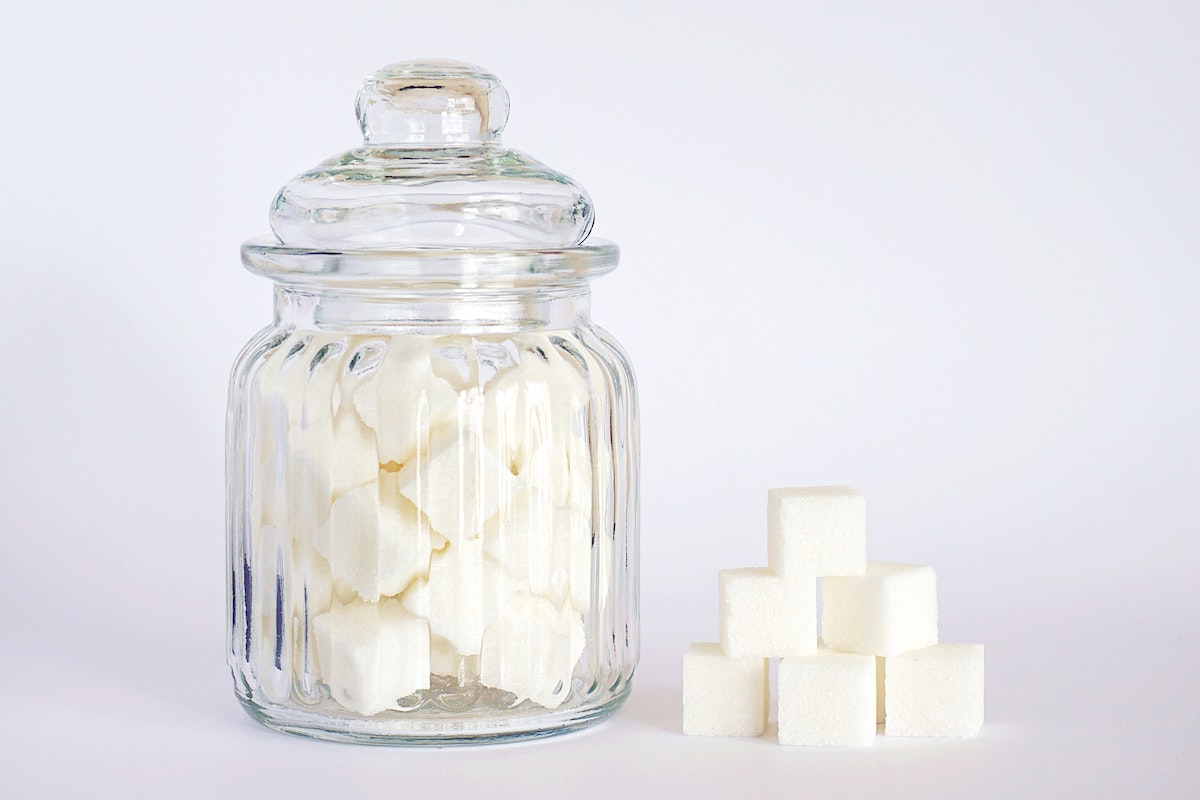- Brushing too roughly can cause more harm than good.
- Flossing is an essential part of maintaining good dental health.
- Teeth whitening treatments are safe and effective when done correctly by a professional.
- Cavities are caused by a combination of factors, not just sugar intake.
- Missing teeth can have severe consequences for your dental health and overall well-being, so tooth replacement options should be considered if necessary.
As important as dental health is, several myths can lead to confusion and misinformation. Here are five common myths about dental health that you should know, so you can make informed decisions about your oral care.
1. Brushing Harder is Better for Your Teeth
You may think that brushing harder will remove more plaque and bacteria from your teeth, but it can actually cause more harm than good. If you brush your teeth too hard, it can cause damage to the outer layer of your teeth, which is called enamel. This can result in sensitivity to hot and cold foods and drinks and in some cases, even cavities. It can also irritate your gums and cause them to bleed or recede. Instead of brushing harder, try brushing smarter. Use a soft-bristled toothbrush and gentle circular motions to thoroughly clean your teeth and gums without harming them.
Here are some FAQs on bushing harder:
What happens when you brush too hard?
Brushing with too much force can wear down your tooth enamel, leading to sensitivity and even cavities. It can also irritate your gums and cause them to bleed or recede. Over time, this can weaken the gums’ attachment to the teeth, making them more susceptible to gum disease. In addition, aggressively brushing your teeth can increase bacteria levels in your mouth, leading to other dental issues, such as bad breath and an increased risk of tooth decay.
Why is gentle brushing more effective?
Gentle brushing is more effective at removing plaque and debris than aggressive scrubbing. Soft-bristled brushes are especially helpful in removing bacteria and plaque without damaging the enamel or gums. You can thoroughly clean your teeth and gums without harming them with gentle circular motions.
What other techniques should I use?
In addition to brushing, there are other strategies for keeping your teeth healthy. Daily flossing helps remove food particles between teeth that a toothbrush cannot reach. Also, consider using an antimicrobial mouthwash to fight bad breath and reduce bacteria levels in your mouth. Lastly, visit your dentist regularly for professional cleaning and exams.
How often should I brush my teeth?
The American Dental Association recommends brushing your teeth twice daily for two minutes each time. If possible, you may also want to consider brushing after every meal or snack. Always use gentle circular motions when brushing, and ensure you use a soft-bristled toothbrush. With these tips, you can keep your teeth healthy for years!
2. Flossing Isn’t Necessary
Flossing is often overlooked, but it’s essential to maintaining good dental health. While brushing can remove some plaque and bacteria from the surface of your teeth, flossing gets into the spaces between your teeth and removes what your toothbrush can’t reach. Without flossing, these spaces can become a breeding ground for bacteria, leading to gum disease and tooth decay. Make sure to floss at least once a day, using a gentle back-and-forth motion to clean each side of your tooth.
3. Bleaching Your Teeth Damages Them
Teeth whitening has become increasingly popular in recent years, but many people hesitate to try it because they think it will damage their teeth. However, when done correctly, teeth whitening is a safe and effective way to improve the appearance of your smile. Professional teeth whitening treatments use a peroxide-based solution that breaks down stains and discoloration on your teeth without harming the enamel or dentin. While over-the-counter whitening products can cause sensitivity or irritation if used improperly, professional treatments are carefully monitored to ensure safety and comfort.
4. Sugar is the Primary Cause of Cavities
While too much sugar can cause tooth decay, it’s not the only culprit. Various factors, including bacteria in your mouth, acid from foods and drinks, and poor oral hygiene, cause cavities. Even healthy foods like fruit and vegetables can contain natural sugars that can lead to cavities if left on your teeth for too long. To prevent cavities, brushing and flossing regularly and avoiding sugary or acidic foods and drinks, especially between meals, is important.
5. Tooth Replacement Options Are Not Necessary
Missing teeth can seriously impact your dental health and overall well-being. Your remaining teeth may shift or tilt, leading to bite misalignment, difficulty eating, and jaw pain. Not only that, but having missing teeth can affect the appearance of your smile and lower your self-confidence. Thus, investing in dental implants may be necessary to maintain your dental health. Dental implants, for instance, are an option that can give you a natural-looking smile and allow you to eat and speak with confidence. They can also help prevent further tooth and gum damage while restoring full function to your teeth.
Final Words
Maintaining good dental health is essential to your overall well-being, but it’s important to separate fact from fiction regarding common dental myths. Remember to brush and floss regularly, avoid sugary or acidic foods, and consult your dentist about any concerns or questions. You can enjoy a healthy, beautiful smile for years by caring for your teeth and gums.


